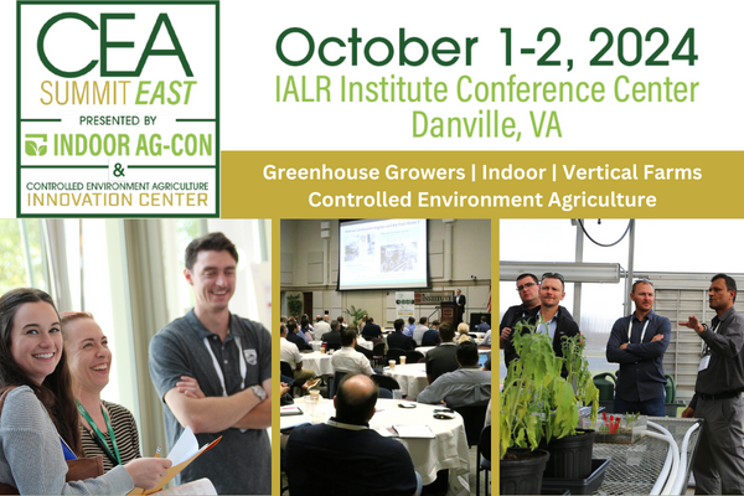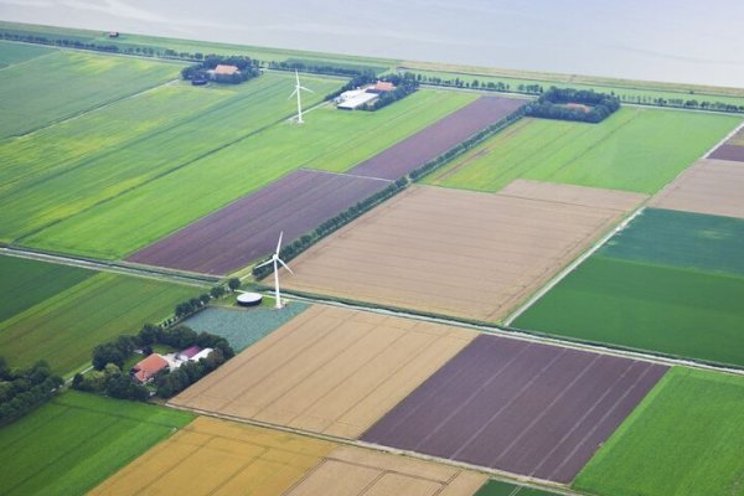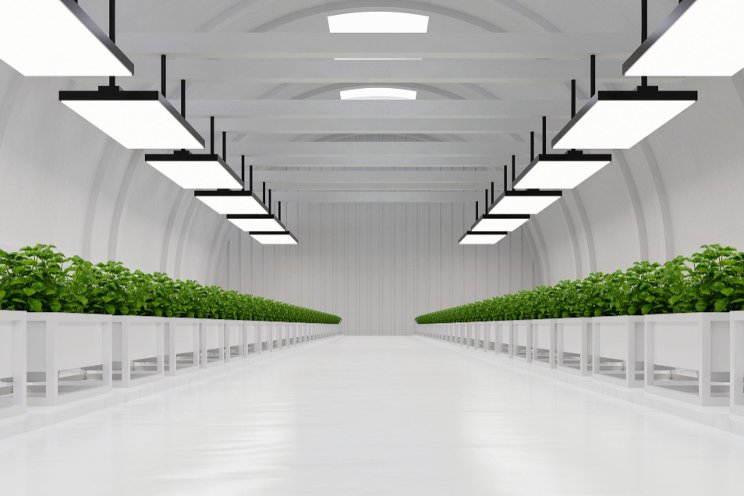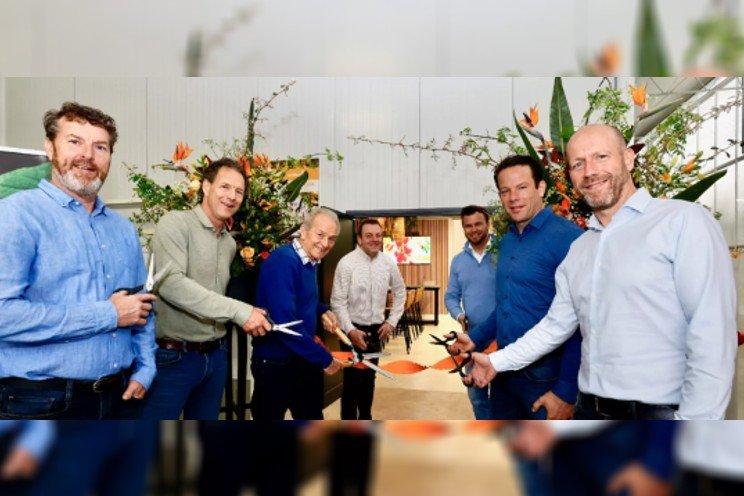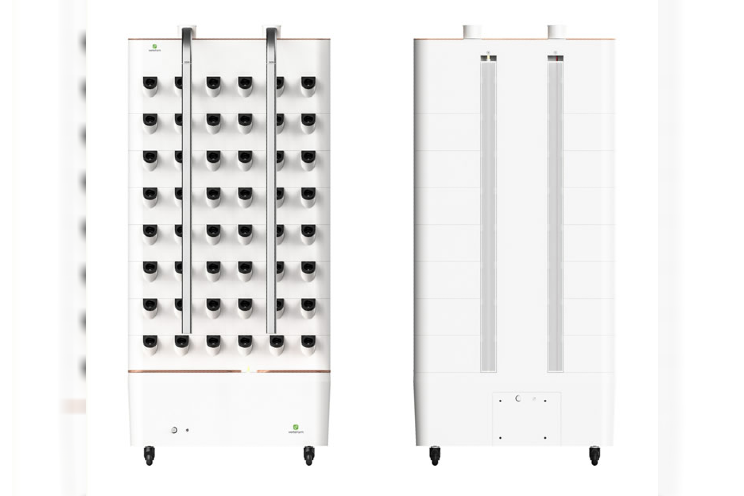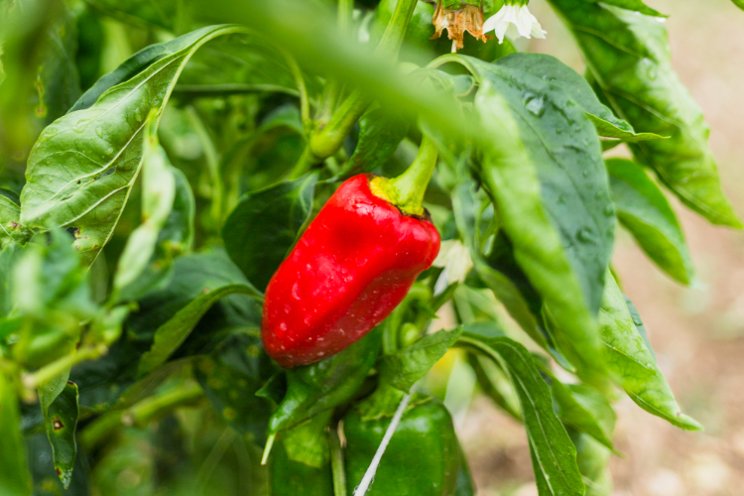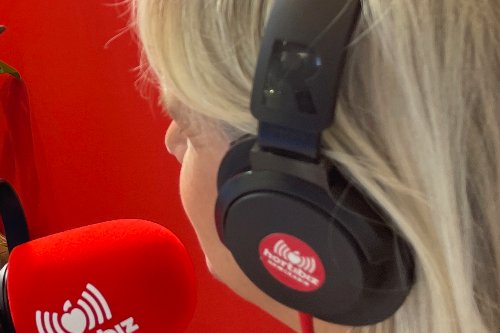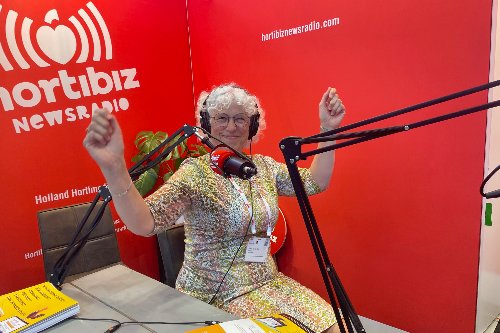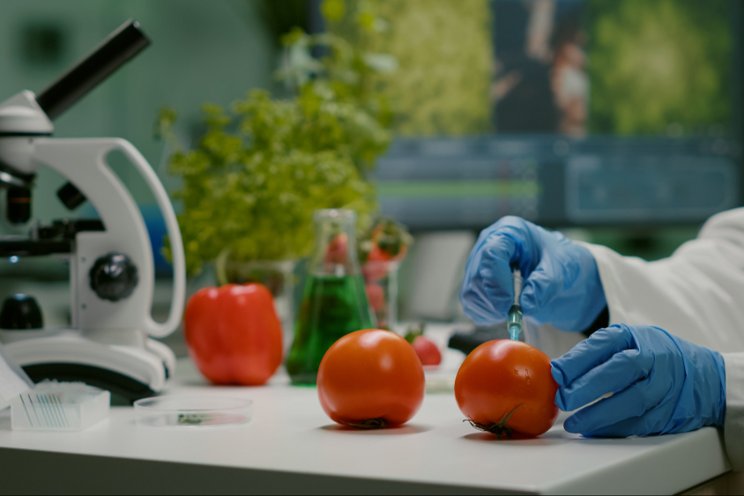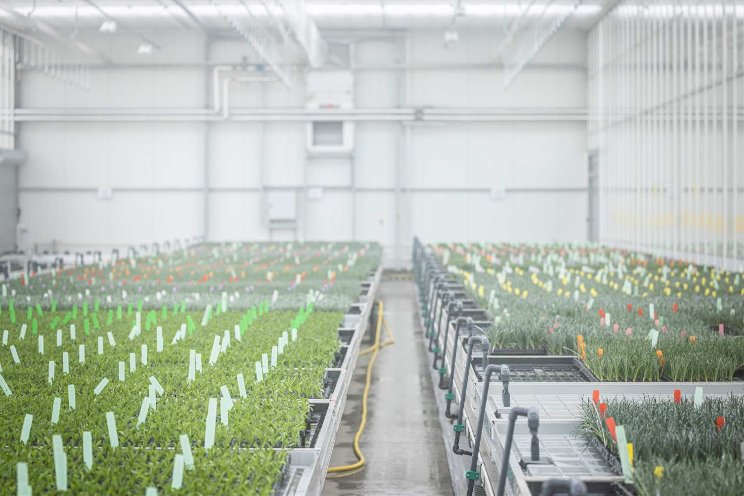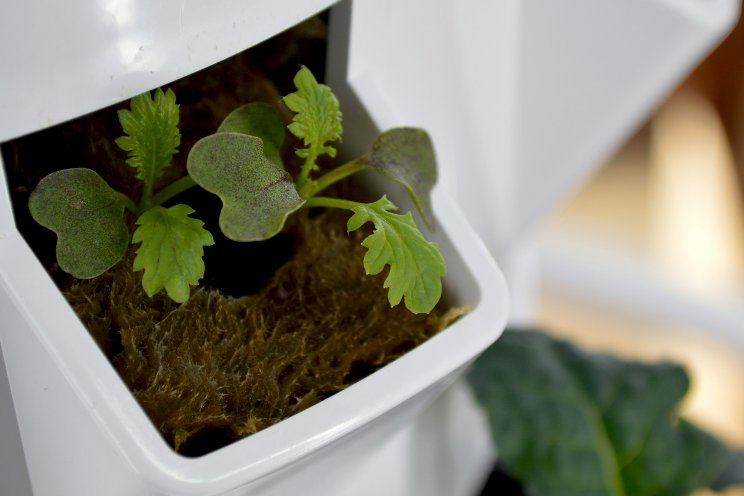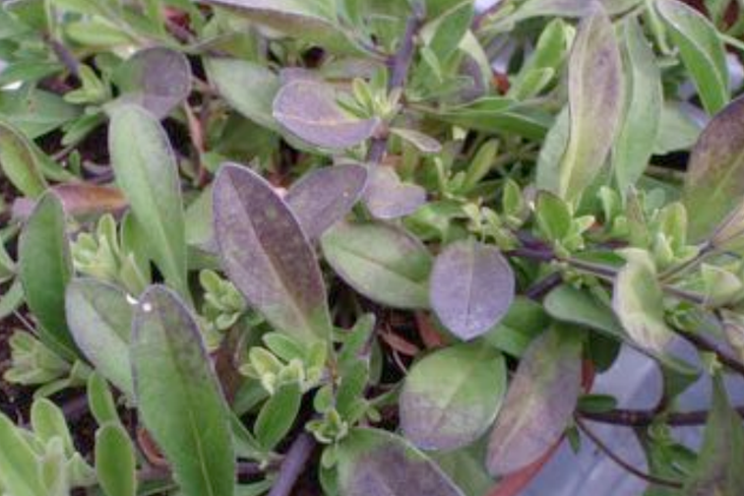Singapore will be self-reliant for food
Added on 09 September 2021
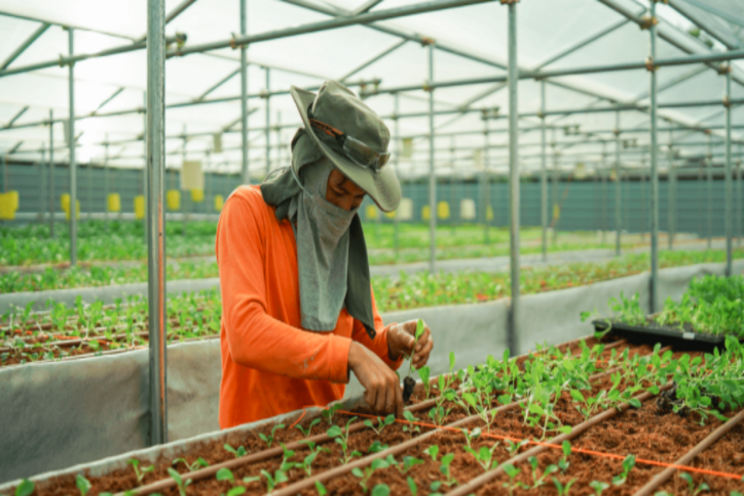
But increasing local food production was difficult, as it would require large quantities of non-potable water, and the infrastructure to obtain this on a large scale had not been thoroughly developed yet.
To solve this, Netatech's founders decided to utilize urban rainwater harvesting - a method that involves collecting rain from a structure or surface and storing it for later use. After all, Singapore's tropical climate and year-round rainfall provide an ample source of water.
With a background in IT as an electrical engineer, Tan, along with his co-founders, created a cloud computing system to monitor and automate rainwater harvesting systems from urban areas across Singapore.

David Tan, founder and CEO of Netatech / Photo credit: Netatech
It was a success - Netatech has since installed more than 180 rainwater harvesting systems in Singapore and counting.
However, this alone wasn't enough for the company. It also wanted to improve the island nation's overall water sustainability in other aspects.
Just this year, Netatech pulled in S$5.5 million (US$4.1 million) in revenue and was one of the recipients of a S$23 million (US$17 million) grant call for urban food production by the Singapore Food Agency.
Staying ahead of the curve
Behind these triumphs is Netatech's constant focus on innovation, which is critical especially in a country with little to no natural resources like Singapore, Tan says.
For the founder, innovation is all about figuring out issues that need to be solved - not just within the country, but globally as well. One of these problems is that traditional farming practices are dying out as younger generations lose interest in the field.
Tan learned about this seven years ago, and knowing the impact this would have on food security, Netatech began developing urban farms with the intention of eventually expanding the technology overseas.
"It's very difficult to attract the younger generation. Instead, we need to bring the farm to the community," Tan says.
To start, Netatech rented a private plot of land to conduct research and development on urban farming technology. This helped it develop a host of new products such as AI and machine learning-powered yield optimization engines, as well as new cloud computing software, robotics, microclimate sensors, and grow-light technologies.

Netatech's research and development farm, the Oasis Living Lab / Photo credit: Netatech
As Singapore began to focus on urban farms, which is part of the city-state's efforts to produce 30% of its own food by 2030, Netatech was well-positioned to apply the tech. The company's prior experience gave it the water management technology and expertise needed to implement urban farms in other places such as public housing estates.
Capitalizing on opportunities
With Singapore's first Covid-19 lockdown in April last year, Netetach's construction projects were completely shut down for around four to five months.
According to Tan, this dropped the company's construction revenue, which made up around 75% of Netatech's total revenue at the time, by almost 100%.
To make up for these losses, the firm placed a stronger focus on its existing agricultural and farming projects by increasing its sources of production, one of which was a recently completed farm in Thailand.

Netatech's farm in Thailand / Photo credit: Netatech
"When our construction revenue ran dry, we had to quickly find out how we could increase our production of produce," Tan says.
The move helped Netatech increase food output by around 200%, which allowed the company to bring in revenues of almost S$1 million (US$740,000) to supplement its losses.
Going beyond with innovation
In 2017, Netatech sought help from Enterprise Singapore (ESG) to support its innovation efforts. The government entity, which provides businesses with valuable opportunities and assistance, helped the company digitalize its farm management processes by using internet-of-things (IoT) technologies.
Powered by IoT, Netatech was able to integrate drones, robots, machine learning-based sensors and imaging software, analytical tools, and artificial intelligence capabilities to monitor crops. This was a key factor in helping it make data-driven decisions for farm management plans and optimize crop yields while reducing labor costs.
In the same year, with the help of ESG, Netatech developed its own soil moisture sensors and controllers. This helped the company optimize the labor and resources required for manual irrigation, monitoring, maintenance and data collection. Since then, the sensors and controllers have been implemented across all of the company's farms.
In Tan's view, ESG's assistance with innovation is a major element that drives small and medium-sized enterprises (SMEs) like Netatech to reach beyond Singapore's shores.
One of Netatech's goals was to expand its operations to Vietnam. ESG's support allowed the firm to develop new products and software - such as integrated flood and stormwater catchment modeling and simulation software - which helped it gain local market access.
With ESG's help, Netatech now had the technological upper hand. With better, more efficient software and controls, Netatech could leapfrog its competitors in a price-sensitive market.
Over the years, the company expanded its scope into areas such as drip irrigation, stormwater management, water-sensitive urban design, skyrise greenery, and high-tech agriculture. It has an array of projects such as the skyrise greenery of the Parkroyal Hotel on Pickering Street and was a consultant for stormwater management design in the Jurong Lake Gardens.
"Through ESG, our market offer transformed into a superior option through better product differentiation," adds Tan.
Netatech's direction for the future
For now, Netatech has set its sights on building more urban farms. By the end of this year, it expects to have a cluster of five urban farms in a public housing estate in Singapore, with another potential 500 vertical farms islandwide over the next five years.

One of Netatech's urban farms in a public housing estate / Photo credit: Netatech
Moving forward, Tan says that innovation remains a core tenet of Netatech's working ideology.
"Innovation must be within the DNA of any company that wants to be successful and forward-looking," he notes.
Though urban farms are now in the limelight, the younger generation, he says, remains reluctant to take up traditional farming.
Tan hopes that the technology used in urban farms such as IoT and cloud computing can attract potential new urban farmers to provide additional sources of food in the coming years.
"We need to make farming a cool thing, where younger people will want to get into it using computers, machine learning, and AI," says the founder.
Source: Tech in Asia
Source: Tech in Asia
More news
